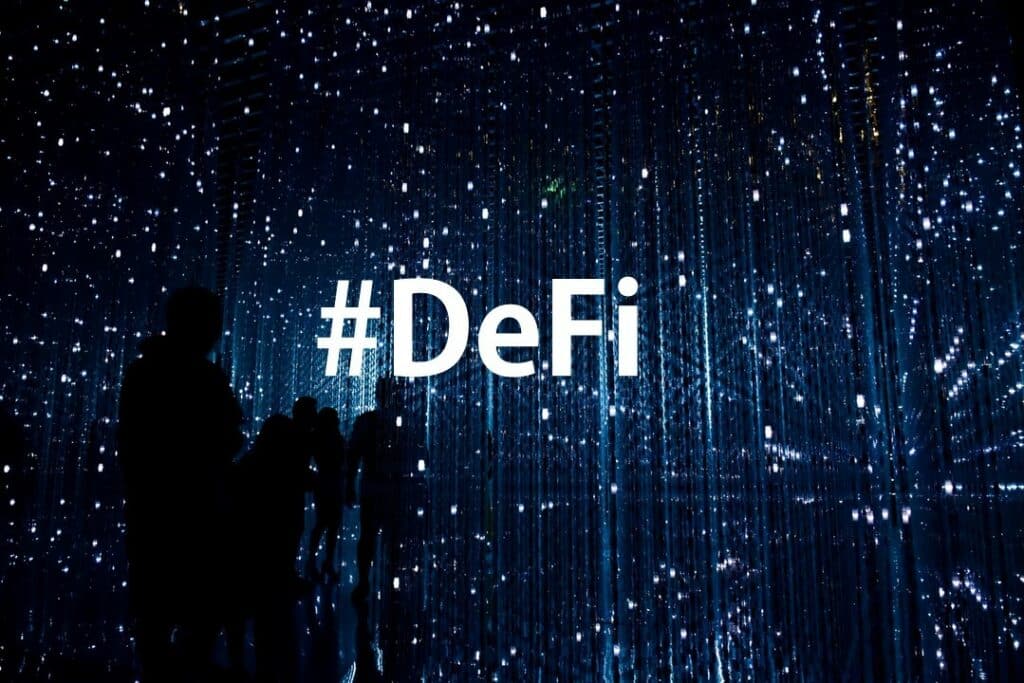Meerkat Finance Exploit on BSC Leads to $31 Million Loss
Today at approximately 9 AM UTC, Meerkat Finance, a decentralized finance (DeFi) protocol built on the Binance Smart Chain (BSC), became the victim of a significant exploit. The BNB-BUSD yield farming vault, dubbed “Vault 1,” was drained for approximately $31 million. Initially, the Meerkat team claimed to have suffered an exploit, but in a concerning turn of events, they later deleted all social media accounts, leaving the community in turmoil. As the incident unfolded, many within the community speculated that the situation may be more severe, with some fearing it could be a rug pull — a scam where the project team intentionally liquidates and appropriates user funds.
Following the exploit, the Meerkat Finance website, Twitter account, and Telegram group were all disabled. The community responded with distress, with some users turning to Binance CEO Changpeng Zhao (CZ) in the hopes of recovering the stolen funds. However, as of now, CZ has not publicly commented or responded to the concerns voiced on social media.
Details of the Meerkat Finance Exploit
The exploit began at 9 AM UTC when the hackers managed to alter the ownership of the smart contract address on Meerkat Finance. This allowed them to withdraw funds from the vault, targeting both BNB and BUSD. Blockchain records show that the hacker’s main address, tagged as “FakePhishing17” on BSC Scan, received 73,635.23 BNB, valued at approximately $17.67 million. In addition, the hacker transferred another $13.9 million in BUSD across various smaller transactions to different addresses.
Further analysis revealed that the hacker used DeFi avenues like PancakeSwap, rather than centralized exchanges, to execute these transactions. The primary hacker address moved the stolen BNB in multiple transactions, with notable transfers of 5,000 BNB each, a larger transfer of 10,000 BNB, and one substantial transfer exceeding 23,000 BNB. These transactions, conducted on the BSC network, make tracing the stolen funds more challenging and highlight the complexities involved in tracking decentralized exploitations.
A Trend of DeFi Exploits in 2021
This hack is the latest in a string of high-profile DeFi exploits that have shaken the space in early 2021. In February, both Cream Finance (CREAM) and Alpha Finance Labs (ALPHA) were targeted by malicious parties. Cream Finance, in particular, experienced an attack that exploited an idle liquidity pool intended for a future upgrade to the HomoraBank platform. These attacks have raised growing concerns about the security risks inherent in the rapidly expanding DeFi ecosystem.
Despite these setbacks, many successful DeFi projects, including Aave (AAVE) and Yearn Finance (YFI), have emerged stronger after similar events, with teams doubling down on security improvements and operational transparency. However, these hacks continue to underline the risks and challenges facing the DeFi sector, particularly when it comes to securing large amounts of user funds and managing smart contract vulnerabilities.
The Impact on the DeFi Community
The Meerkat exploit serves as a reminder of the vulnerabilities that still exist within the DeFi space, where decentralized applications (dApps) and smart contracts are susceptible to various forms of manipulation and attack. The lack of a clear response from the Meerkat Finance team, along with the disabling of their social media accounts, has raised suspicions and left users uncertain about the project’s future.
For the broader DeFi community, this exploit could lead to increased calls for better security measures, more rigorous audits, and greater regulatory oversight. As DeFi continues to gain popularity and attract institutional interest, it is becoming more important than ever for projects to build trust with users by demonstrating a commitment to security and transparency.
Conclusion: A Cautionary Tale for DeFi Projects
The Meerkat Finance exploit serves as a stark reminder of the risks involved in the DeFi space. While the sector has seen tremendous growth and innovation, incidents like this highlight the need for stronger security practices and a more cautious approach to managing user funds. As the investigation into the hack continues, the DeFi community must remain vigilant and work toward building more secure and resilient platforms.
For now, users and investors in the Meerkat Finance project are left in the dark, hoping for clarity and, potentially, the recovery of their stolen funds. The incident also underscores the ongoing challenges faced by decentralized platforms in terms of safeguarding user assets and ensuring the long-term viability of the DeFi ecosystem.
To learn more about the innovative startups shaping the future of the crypto industry, explore our article on the latest news, where we delve into the most promising ventures and their potential to disrupt traditional industries.
Disclaimer: The information provided is not trading advice, Bitcoinworld.co.in holds no liability for any investments made based on the information provided on this page. We strongly recommend independent research and/or consultation with a qualified professional before making any investment decisions.




